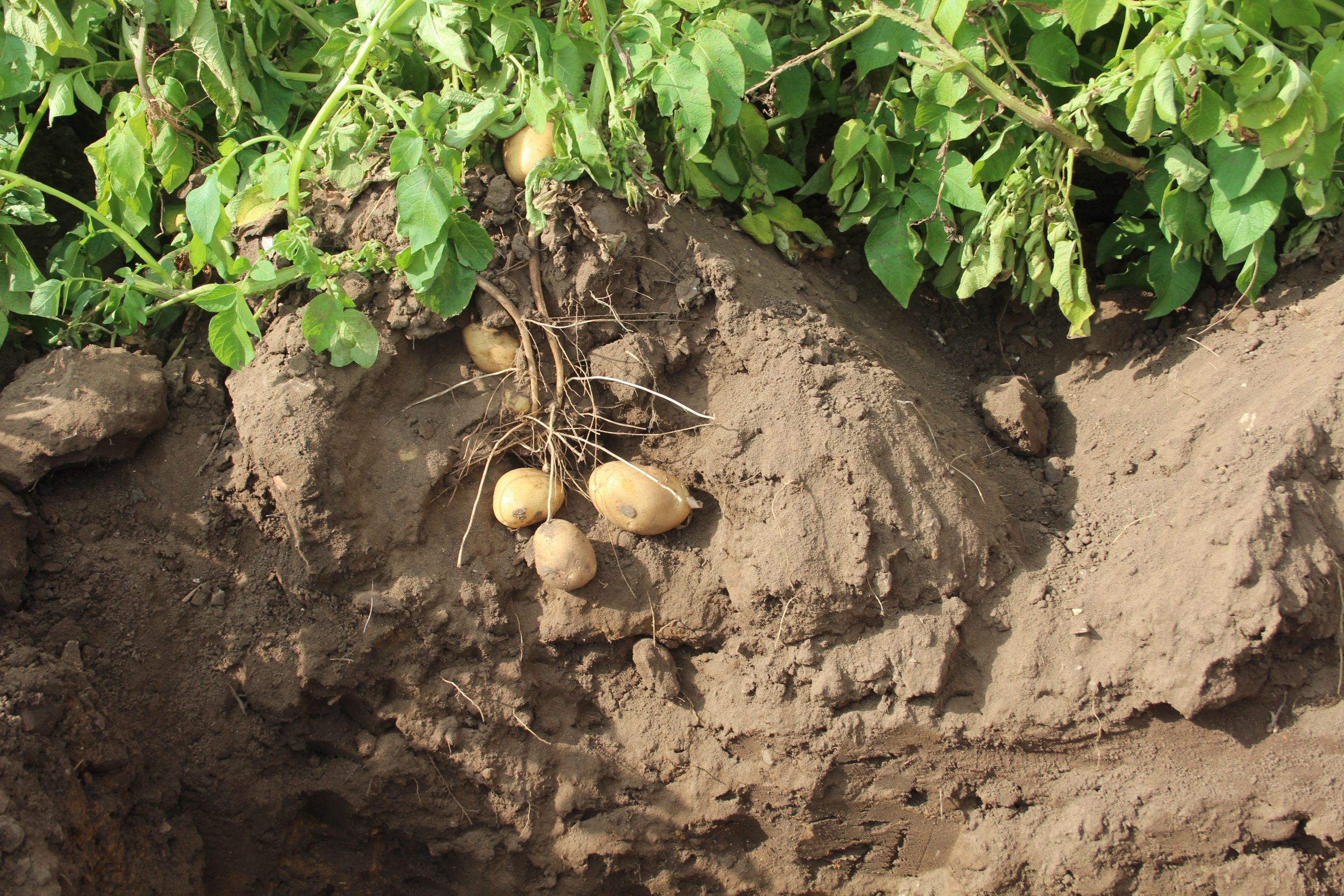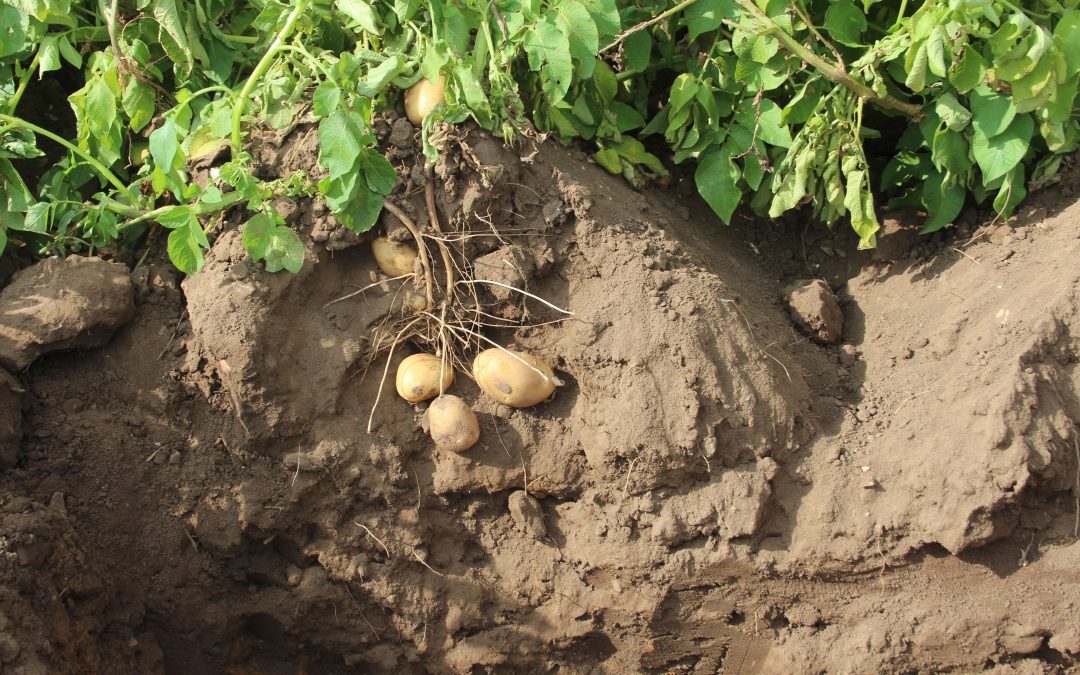From 2015 International Year of Soils through to COP26 it has never been clearer that no environmental system works in isolation and to effect any positive and meaningful change, the complex relationships and interdependencies need to be understood. The risk of not fully understanding can lead to ‘robbing Peter to pay Paul’ in solving one issue, we cause another.
The need for this wider understanding of the interaction of soil, crop, climate and application method has driven Simon Fox of Emerald Research Limited (ERL) over the course of his career. As a soil & crop scientist he has led the development of OptiYield® and its systematic approach to sustainable, optimised crop production.
ERL centres on an holistic philosophy of sustainable crop production. By recognising and utilising the symbiotic and feedback relationships between crop, soil and environment, ERL has developed systems and products geared towards maximised output while minimising inputs.
The OptiYield® System works with nature to enable crops to meet their genetic yield potential by optimising inputs through application techniques and easily absorbed formulations.
The four foundations of this system are: –
he primary foundation is the bedrock of 35 years of continuing R&D culminating in the development of OptiYield® CHIPS in optimising product formulations, application timing and methods . This research and development journey has taken many forms, in different environments from the tropics, to deserts to the sub-arctic and involved a wide range of food crops from asparagus to wheat.
Much of this research has been International or UK grant funded work led by ERL as primary partner of research teams drawn together from academia, commercial research and industry across Europe, ensuring scientific rigour rfrom laboratory to greenhouse to practical farmer-led, whole field comparison studies.
With the increased need for a full understanding of how a product behaves in the environment, ERL’s work in their Controlled Growth Environment facility has become more important. It provides the ability to manipulate environmental inputs such as heat, light, humidity and soil conditions so that aspects of crop growth and yield can be more closely monitored as well as highlighting the corresponding changes in soil, greenhouse gases, soil microbiome and nutrients.
The environmental data provides knowledge of how trial products will perform in different seasons and weather extremes, aiding the understanding of environmental impacts.
From the laboratory, trials are scaled up, moving to glasshouses and trial plots using partnerships with academic and research institutions and grower groups. These allow product performance and environmental interactions to be assessed in ‘real life’. The results enable the best performing products to progress to full-scale manufacturing.
Through the whole field comparison trials, product performance is assessed against a grower’s existing crop treatment strategy, thereby allowing a full comparison of crop quality, tonnage and financial performance.
The results and observations of these trials feed into the OptiYield® CHIPS system, so users can be assured that all of the recommendations, today and in the future, are based on the latest information.


